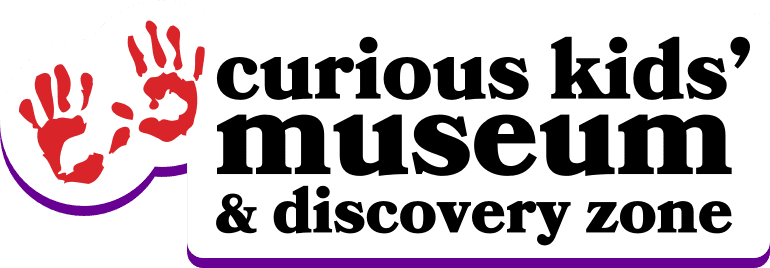This 1 to 2 hour program will introduce your students to the scientific principles of sound based on the current state standards. Following an engaging instructional session, your students will explore our sound stations loaded with hands-on sound tools. Your students will learn:
- What is sound energy?
- Describe the properties of sound.
- How is sound produced?
- How does sound travel through different media?
- Why do we sometimes hear echoes & how they are used?
- What makes the different sounds we hear?
- How do we hear sound?
- How does vibration affect sound?
- Why do different instruments sound different?
- What is the Doppler effect?
- How the ear really works.
The sound exploration stations include the pepper dance, thunder tube, slinky echo, whisper tube, vibrations, pitch, the always popular instrument petting zoo, and dozens more.

